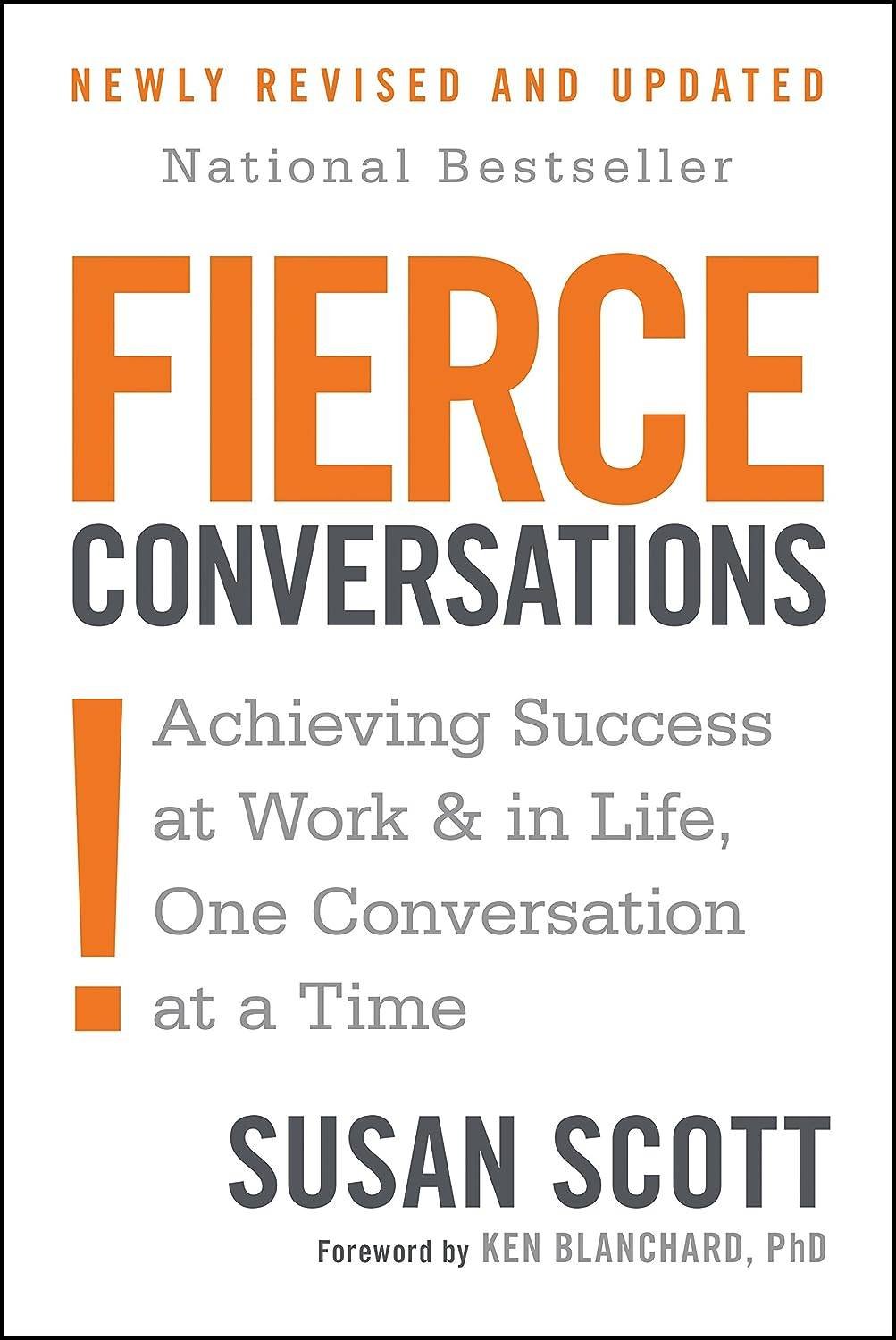|
|
Greetings from down under! I’m in Sydney for work this week and will be back in Austin by Saturday. When I got to my place in Sydney, after grabbing some groceries and making breakfast, I took off on a journey to the beach. I went to Bondi, then Bronte, and finally Coogee – more or less hugging the coast from one beach to the next. After 7.5 miles I’d run out of water and was done with the sun, so I called a ride to get me to my apartment that was a little over three miles away from where I ended up. It was a good way to stave off jet lag! Talk soon! A Quote Three Things1 – 🥸 Letters from a Self-Made Merchant to his Son – I was two-thirds of the way through this book before I realized it might be a work of fiction. I knew nothing going in; just that it was recommended. It was better when I thought these were ‘real’ letters, but still very good now that I know it to be fiction. Some really good turns of phrase in here! 2 – 🥶 Cold plunge! – I got this relatively cheap container on Amazon as an MVP for cold plunging. If I keep up the habit, then I can consider upgrading to a unit with a built-in chiller. For now, it’s me, a hose, and 65 lbs of ice. 3 – 🐂 Very Few Can Beat the Market (pdf) – See chart below for details on this one. The chart shows the percentage of large cap funds that underperform the market. More than half the funds have underperformed every year since 2010. If you stretch the timeframe to 20 years, 93.6% underperformed. So while picking individual stocks and even funds can be fun, a low-fee fund that tracks the market is a really good bet for long time horizons.
Deeper Dive“You don’t rise to the level of your goals, you fall to the level of your systems.” I was first introduced to this concept from the above quote that appears in James Clear’s book, Atomic Habits. In today’s newsletter I’ll elaborate on the concept’s meaning, break it down, and share some of my own professional and personal examples. Many people start with goals. It makes sense, and many books and people have prescribed it. Kennedy challenged Americans to go to the moon; that was a big goal! Goals are great as a means to establish, define, and measure a future state. Setting goals is necessary, but insufficient. Goals are passive. They sit out there, in the future, and do nothing in and of themselves. They describe a destination. Systems are active. Your systems are the engine of progress that enable you to hit the goal. Goals are important only in that they set a direction, and their magnitude challenges your systems. Systems are the habits, tools, behaviors, and techniques you perform repeatedly. It’s their interconnectedness and reliability that gives them power. Not having a system means you have to rely on something ephemeral. Willpower. Memory. Luck. Trying to hit a goal with poor systems takes high energy. All these things are fragile. Some days you don’t have willpower. Memory is unreliable. Luck won’t always be there. Their unreliability makes them unsustainable over the long team, which means they can’t be used to hit any meaningful goal. Let’s look at two examples of systems, one from business, and one from personal life. In business, it’s really easy to establish high goals. You just write them on paper, and there they are! If you want your goal to be higher, you just delete what you wrote and make the number better. Done! Brilliant! Many leaders stop there. They may assume the current systems are sufficient. But if systems enable goals, then higher goals require more effective systems. You can’t achieve success if you increase your goals without improving your systems. When setting higher business goals you have to think through the many systems in your business. People systems. Roles and responsibilities. Rituals and artifacts. Means of handoff. Reviews. Feedback and adjustment. Culture. Values. Redundancy and failover for resilience. Data pipelines and metrics. It’s a huge list of things that need to work in concert to create big goals! They must all be interrogated and improved to make sure they’ll enable your goal. In personal life, one example is in my learning and reading. I have a daily reading habit. I highlight passages of interest. Those passages get stored, tagged, and resurfaced to me. They’re automatically exported to my notes tool, which is how I can integrate them in my work. I can build on them, connect them, and share them. This system, which is many years old, helps me with the goals of this newsletter. If I didn’t have the habits and tools, but instead relied on memory and willpower, it would be much more difficult to get this done. I love systems and have many more examples to share. I’ll save these for future newsletters of articles on my website, so you’ll see more in the future. What big goals do you have? Are your systems up to the challenge? Take some time to reflect on it this week and see if there are improvements you need to make to your systems to make them more robust and effective. And do let me know! I’m super interested in systems and would love to hear about your experiences.
|




Comments are closed